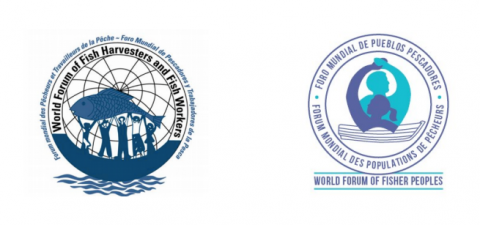
WFF and WFFP statement on the SDGs and the UN’s Ocean Conference
National Fisheries Solidarity Organization (NAFSO), as a member of the World Forum of Fishers and World Forum of Fishers People, representing over 20 million fisher peoples globally, published a statement on the United Nations Sustainable Development Goals (SDGs) and the UN’s Ocean Conference, calling upon the UN member-states to work with the small-scale fisher peoples movements towards the implementation of the International Guidelines on Securing Sustainable Small-scale Fisheries (SSF guidelines).
At its 32nd session in July 2016, the Committee on Fisheries (COFI) of the FAO unanimously adopted the Global Strategic Framework (GSF) to facilitate the implementation of the SSF guidelines. The GSF aims at facilitating interactions between governments and civil society to support the implementation of the SSF Guidelines at all levels.
NAFSO remains committed towards working with FAO on the further development of the GSF in order to advance the key principles of the SSF guidelines, with emphasis on the human rights based approach to small-scale fisheries.
Goal 14 of the SDGs is formulated as: ‘Conserve and sustainably use the oceans, seas and marine resources for sustainable development’. A key question in that regard relates to the meaning of ‘conserve and sustainable use’ – with a whole series of following questions including: who should have what rights? To which natural resources? For how long? For what purpose(s)? And, crucially, who gets to decide? One of the targets for SDG14 is the expansion of Marine Protected Areas (MPAs). This is despite the controversial nature of marine and coastal conservation approaches, which recently have been characterized as an increasingly “protectionist, authoritarian and violently repressive practice of conservation”.
NAFSO is skeptical towards the SDGs because they prioritize the profit-interests of an elite-minority. As stated in their solution, they pledge their support to the United Nations that is firmly rooted in the values that form the basis of the UN Charter: peace, justice, respect, human rights, tolerance and solidarity. To uphold these values, each country should draw more consistently from parliaments, sub-national governments, civil society as well as the executive branch of government in democratic country-led governance on which the UN is founded. This can all be achieved through the development of the GSF and the implementation of the SSF guidelines.
Please read the statement here.
